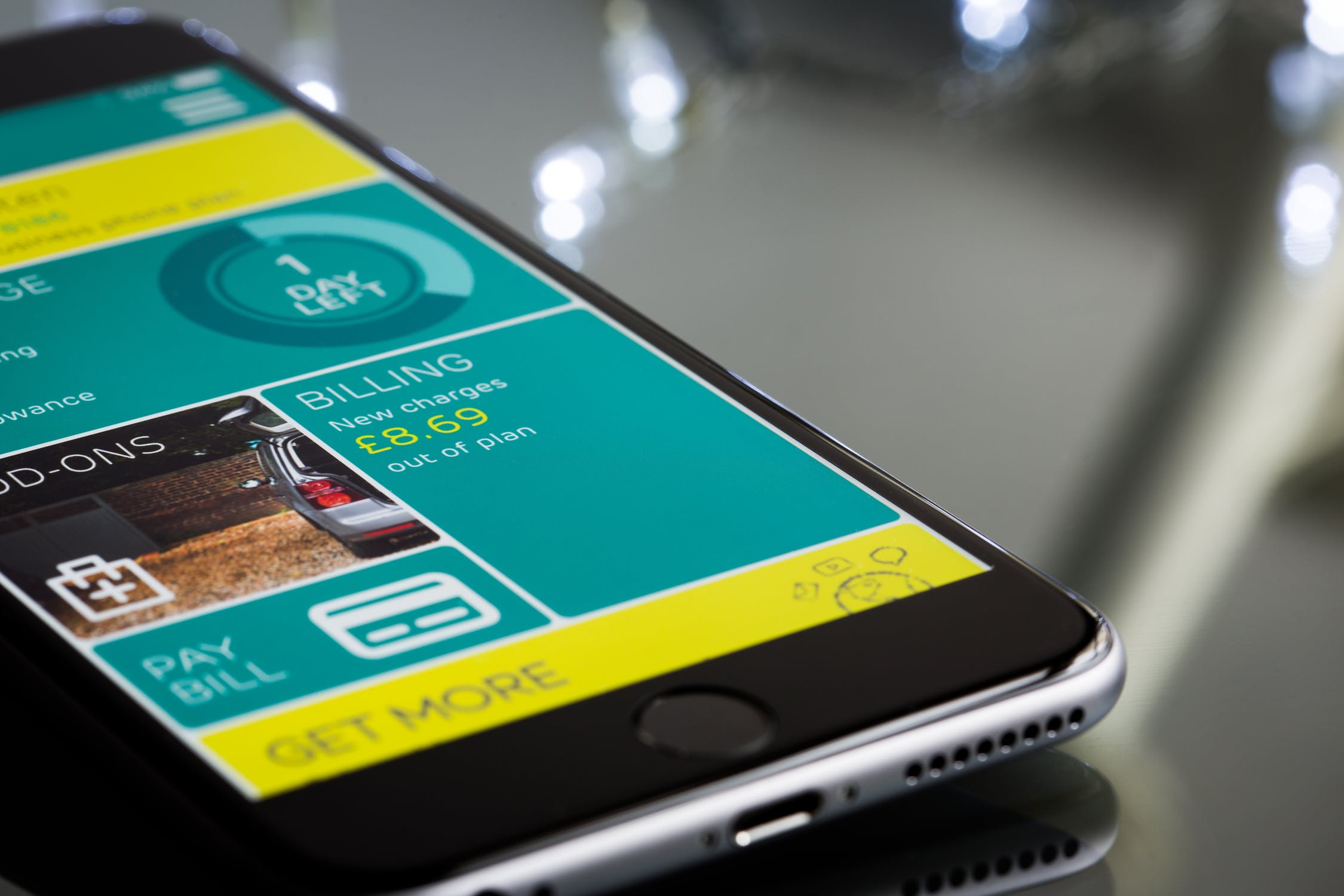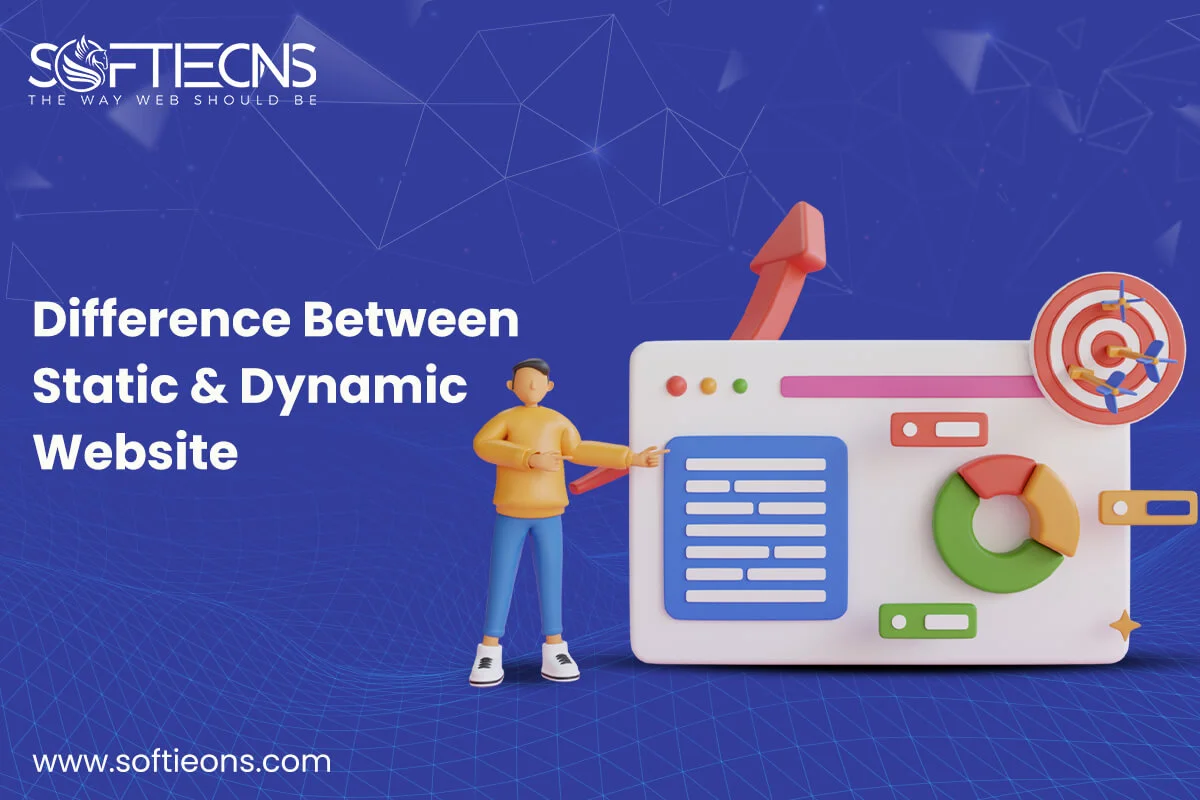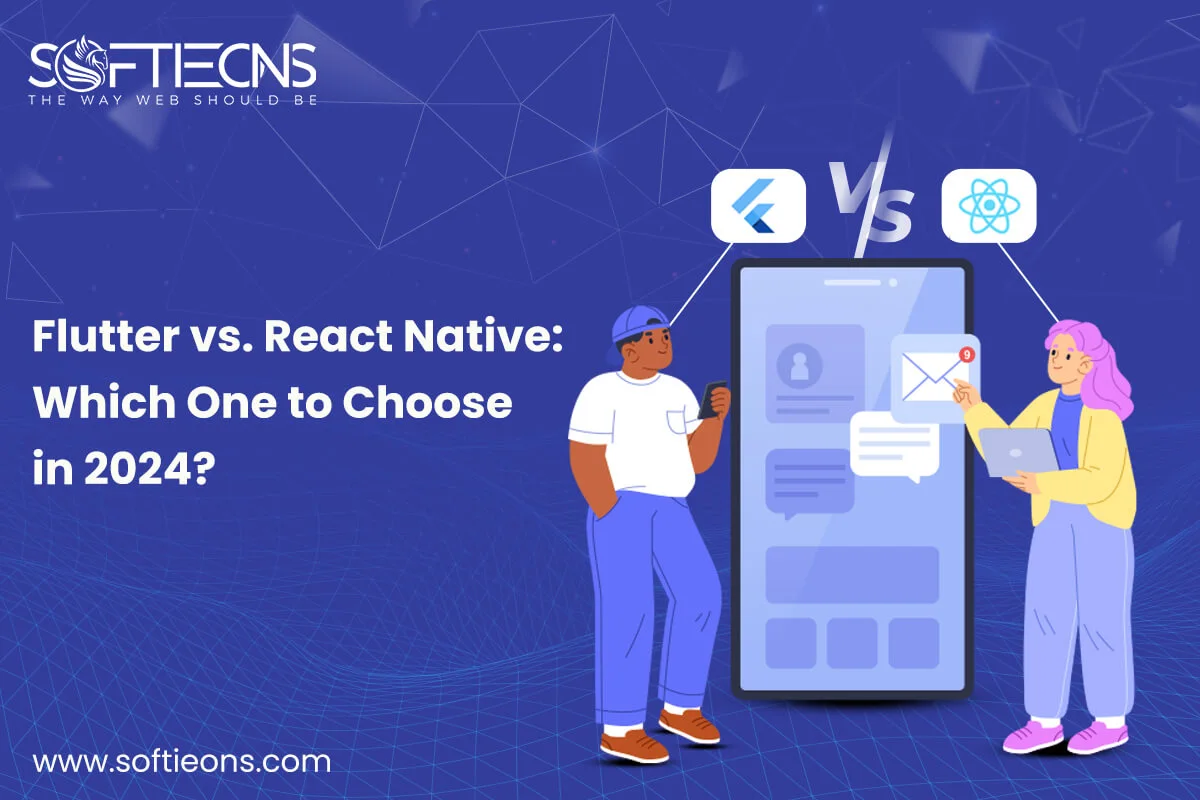Disruptive Technologies Overtaking the Traditional Model of Banking
Tue, 13 Apr 2021
Banking is a competitive industry, and the form of competition within the industry is changing. Due to the rise of disruptive technologies, the playing field is transforming. To remain competitive, the financial service industry must take on the challenge of emerging technology and the demands of improved models of digital experience.
MACHINE LEARNING AND ARTIFICIAL INTELLIGENCE
Banks are under pressure to meet the growing demand for online banking and mobile services. They need to track everything from account checks to payment, transfers to upgrades, and much more. The benefits of machine learning and Artificial Intelligence are widespread within banks and credit unions. To name a few, they reach back-office operations, intuitive customer experience, and delivery of risk management product, compliance, and marketing. The banks can work with long data history with AI and can make educated decisions.
ONLINE AND MOBILE BANKING
It comes as no surprise that many customers now favor the speed and convenience of digitally managing their transactions. The rate at which online and mobile banking is carried out goes beyond previous predictions. Modern customers want to offer their banks convenience and high-tech banking options. Data exposes the online and mobile banking pervasiveness of traditional brick and mortar locations. The study also shows that Millennials are the biggest adopters of mobile devices and mobile banking is accepted by a majority of Generation X.
PEER-TO-PEER PAYMENT
Peer-to-peer payment with no signs of slowing is becoming popular among people of all ages. Mobile peer-to-peer transactions are expected to reach US$ 86 billion in 2019. The banks are gathering a more extensive base of customers with the P2P payment experience. The availability of P2P platforms provides banks with an exciting opportunity to reach their transaction speed that increases user experience and customer satisfaction. With P2P, more transactions are done digitally rather than cash, making the payments less expensive and user-friendlier.
BLOCKCHAIN
Blockchain-based smart contracts help make it safer, more cost-effective, and more efficient for banks and other financial organizations. A smart contract is a computer program that directly controls currency and asset transfer between the two parties. The financial services industry, together with the growth of Blockchain applications, is the perfect place to use smart contracts.
INTELLIGENT AUTOMATION
Automation has helped drive growth in the banking sector by applying pre-programmed rules according to the range of structured and unstructured data. To make decisions themselves, this smart automation derives the power of machine learning and deep learning from previous decisions and data patterns. It reduces the costs of administrative and regulatory processes by 50% while improving speed and quality. To lead the new way of innovation, the commercial service industry must unleash this smart automation. Additionally, other automation such as robotic process automation, natural language processing, and virtual agents can help banks in many ways improve efficiency and productivity.
POPULAR POSTS
Shopify vs. WordPress: Which one is best for e-commerce?
Wed, 07 Apr 2021Role of IoT in the Real Estate Industry
Wed, 14 Apr 2021Why UX And UI Is Important For Mobile Application Development
Sat, 01 May 2021Telemedicine's Advantages in Nursing Homes
Fri, 24 Dec 2021RECENT POSTS
Custom Enterprise Software Development
Mon, 29 Apr 2024Difference Between Static Website And Dynamic Website
Wed, 24 Apr 2024Flutter vs. React Native: Which One to Choose in 2024?
Mon, 22 Apr 2024Exploring the Benefits of Professional Website Design Companies
Fri, 29 Mar 2024Understanding The Role Of Web Design Firms
Fri, 22 Mar 2024









